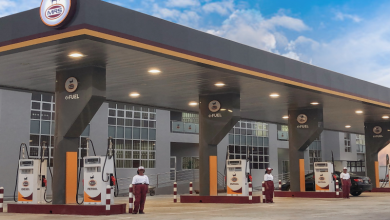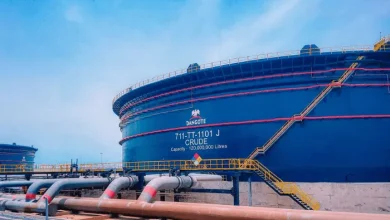Ministry of Transportation hands over completed Port Harcourt-Aba rail section to NRC

The Federal Ministry of Transport has officially handed over the completed Port Harcourt-Aba section of the Eastern Narrow-Gauge Railway Project to the Nigerian Railway Corporation (NRC). The handover ceremony, held in Port Harcourt, Rivers State, marked a significant milestone in the ongoing efforts to rehabilitate Nigeria’s railway infrastructure.
The contractor, China Civil Engineering Construction Corporation (CCECC) Nigeria Limited, transferred the project to the ministry, which subsequently handed it over to the NRC. Engr. Ayo Dada, the Project Supervisor for the ministry, highlighted the scope of the completed work, which includes 62.8 km of rehabilitated and reconstructed tracks, 27 reconstructed turnouts at key stations, and repairs to steel and concrete bridges. Additional components include the laying of 5.69 km of siding tracks, construction of new culverts, and 33,275 meters of drainage.
Dada emphasized that operations on the completed section have already commenced, promising economic benefits for Rivers and Abia states. “This project will boost economic growth and provide a safer, more efficient means of transportation,” he said, adding that the railway is expected to extend to Maiduguri soon.
Deputy Director of Track and Civil at the NRC, Ogunade Adesegun, who represented NRC Managing Director Ben Iloanusi, praised the completion as a testament to the government’s commitment to enhancing transportation infrastructure. He also urged local communities to safeguard the rail lines, revealing that vigilante groups and other security measures have been deployed to deter vandalism.
The project, with a total cost of $3.02 billion, aims to connect Port Harcourt to Maiduguri, traversing 14 states across multiple regions, including the South-South, South-East, North-Central, and North-East. The groundbreaking ceremony for the rail line was conducted in March 2021 by former President Muhammadu Buhari, who underscored its potential to stimulate economic activities along its route.
As Nigeria moves toward modernizing its railway network, this development represents a step forward in bridging regional connectivity and promoting economic integration.





